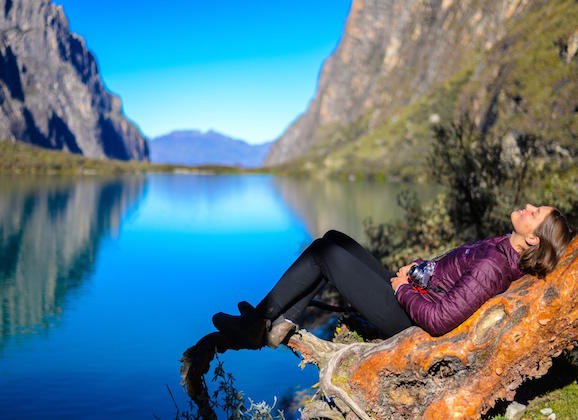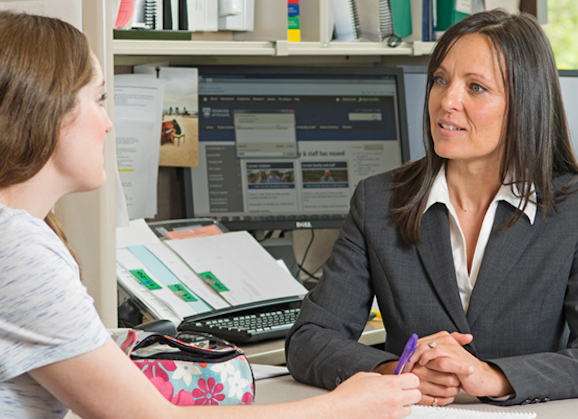Field schools: an out-of-the-classroom experience with a lasting impact (Guest Post)
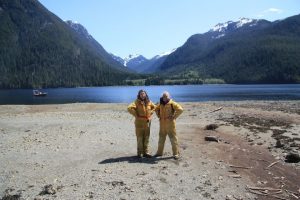 At the University of Victoria, undergraduate students in a variety of departments have the option to sign up for a field study. Many field study courses are situated in British Columbia at remote research stations. In an interview with The Ring, UVic alumni Jenny Jackson, Laura Janssen, and Audrey Lane Cockett reflected on their experiences in field school.
At the University of Victoria, undergraduate students in a variety of departments have the option to sign up for a field study. Many field study courses are situated in British Columbia at remote research stations. In an interview with The Ring, UVic alumni Jenny Jackson, Laura Janssen, and Audrey Lane Cockett reflected on their experiences in field school.
“It makes [your education] more real,” says Jackson, “and makes the content that you’re learning about more tangible and locatable in real life.”
The Hakai Institute
Jackson signed up for Geography 353: Coastal Marine Resources with the Hakai Institute in her final semester at UVic. “It was a great way to finish off,” explains Jackson. “I signed up because I knew the professor was great and I really wanted to take the chance before I graduated.”
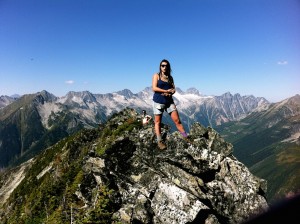 The Hakai Institute was a great experience for Jackson because “you see people in their niches working,” she explains. “It’s more than just a PowerPoint. When you really see people doing their jobs it shows you what the options out there are. It’s a lot of fun.”
The Hakai Institute was a great experience for Jackson because “you see people in their niches working,” she explains. “It’s more than just a PowerPoint. When you really see people doing their jobs it shows you what the options out there are. It’s a lot of fun.”
Field studies also provide extremely beneficial networking opportunities.
“In the classroom your connections are with professors and classmates,” says Jackson. “If you meet someone in a field school, there’s more opportunity to come across things you would be unlikely to come across in the classroom. I wish I’d done way more.”
“I made friends that I’ll keep in touch with for life which is great not only socially but as career connections,” explains Janssen, who signed up for a geography field school because of recommendations from friends. “Friends who had previously signed up for field school said great things about it,” Laura explains. “It involved lots of hiking which I love and I knew the professor already so I knew it would be great!”
Rogers Pass Field School Camp
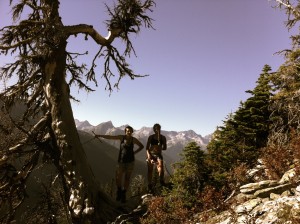 Janssen travelled to Rogers Pass, BC, to study Physical Geography (Geography 477) in her fourth year at UVic. Students in the Rogers Pass field school camp in the mountains of BC or Alberta and study the landscape.
Janssen travelled to Rogers Pass, BC, to study Physical Geography (Geography 477) in her fourth year at UVic. Students in the Rogers Pass field school camp in the mountains of BC or Alberta and study the landscape.
“It was so valuable to see real examples of what we talked about in the classroom,” Janssen explains. “The glaciology terms I had been learning the past few years and the processes we talked about in class made so much more sense.”
Students in the Physical Geography field study get to choose their own final projects which, according to Janssen, “doesn’t always happen in the classroom.”
A degree including seven field schools
By giving students more flexibility with final projects, field studies “allow students to engage with their education, care about it, and make it meaningful,” says Cockett, another field school participant. “The immersive experience with projects, place, teachers, and peers is invaluable.”
Audrey signed up for seven field schools and one directed study during her time at UVic. She registered for five geography field schools, two environmental studies field schools, and in her fourth year completed a directed study with environmental studies professor Brian Starzomski.
“I realized many things about myself in these field schools, and many of them had profound impacts on my life and career course,” says Cockett. “I learned that I am fascinated with the intersection between people and place.”
Field Research Station, Flores Island
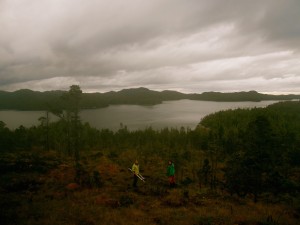 Cockett travelled to Flores Island for three classes: Geography 424, 474, and 457. The Field Research Station on Flores Island is 40 minutes off the coast of Tofino, BC, and is dedicated to gathering data for the Whale Research Lab at UVic. Her other classes were Geography 453 and 477, which are both at the Hakai Institute, as well as ES 470 and ES 423, which built on Cockett’s interest in the relationships between people and place.
Cockett travelled to Flores Island for three classes: Geography 424, 474, and 457. The Field Research Station on Flores Island is 40 minutes off the coast of Tofino, BC, and is dedicated to gathering data for the Whale Research Lab at UVic. Her other classes were Geography 453 and 477, which are both at the Hakai Institute, as well as ES 470 and ES 423, which built on Cockett’s interest in the relationships between people and place.
Many of the field schools are situated in remote communities, and students get the chance to really connect with the people there. “Learning on Heiltsuk territory — with teachers indigenous to the land and teachers whose research is immersed in place — was an experience that resonated with me deeply,” explains Cockett. “I think it affected all of the people in the course far beyond the scope of the topics we covered. This is why field courses are so special.”
“I found that these field courses provided spaces of learning that were immersed in place, built community and engaged creativity and a deeper understanding of our topics,” says Cockett. “I wholeheartedly encourage students to apply for these courses.”
Immersive learning experiences
Field studies give students the opportunity to engage in what they learn in the classroom and build lifelong network connections with instructors and classmates.
Learn more about field schools at UVic or register for an upcoming field school.
Photo credit: Audrey Lane Cockett


